The American Prison System’s War on Reading
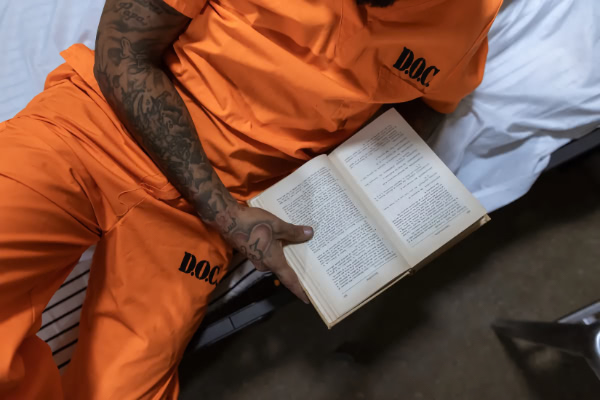
Prison systems across the country have banned or made attempts to ban third parties (including charities and family members) from donating books to prisoners. The reason given is that donated books could be used to sneak in contraband.
Alex Skopic, writing for Protean:
While it’s true that contraband is often smuggled into prisons (cell phones, tobacco, and marijuana being some of the most popular items), it’s not originating from nonprofit groups like the Appalachian Prison Book Project or Philadelphia’s Books Through Bars. In fact, twelve of the seventeen incidents used to justify a book ban in Washington didn’t involve books at all.
Instead, the bulk of the contraband in today’s prisons is smuggled in by guards themselves, who profit handsomely from their illicit sidelines, sometimes making as much as $300 for a single pack of cigarettes.
If it isn’t contraband, what’s the real reason for banning donated books? Profit, Skopic argues. Profit.
With free books banned, prisoners are forced to rely on the small list of “approved vendors” chosen for them by the prison administration. These retailers directly benefit when states introduce restrictions. In Iowa, the approved sources include Barnes & Noble and Books-a-Million, some of America’s largest retail chains—and, notably, ones which charge the full MSRP value for each book, quickly draining prisoners’ accounts. An incarcerated person with, say, $20 to spend can now only get one book, as opposed to three or four used ones; in states where prisoners make as little as 25 cents an hour for their labor, many can’t afford even that.
What about e-books?
With e-books, the situation is even worse, as companies like Global Tel Link supply supposedly “free” tablets which actually charge their users by the minute to read. Even public-domain classics, available on Project Gutenberg, are only available at a price under these systems—and prisons, in turn, receive a 5% commission on every charge. All of this amounts to rampant price-gouging and profiteering on an industrial scale.
Death Changed My Life
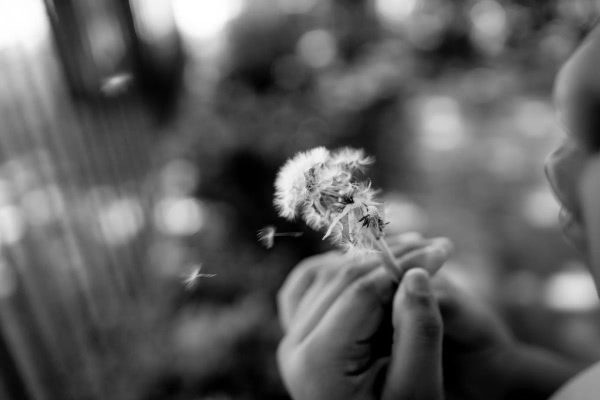
Charles M. Blow, writing for The New York Times:
My oldest brother died more than a year ago, and that unspeakable loss changed me. I would say that it was the last straw, but there were so many last straws. I will simply say that it was in the final bale. […]
Publicly, I was a columnist at The New York Times, a CNN contributor about to start his own show on the Black News Channel, and an author on the brink of publishing his second book. My first, a memoir, had been adapted into an opera that would soon premiere at the Met. I worked out, and I ate well. “Health is Wealth” was my motto.
But privately, I wasn’t healthy. I was lonely and alone. I drank too much. I lived my life like it was about to end. I was afraid to be alone with my pain, because in the quiet, it got loud.
Blow says he was dealing with a severe case of impostor syndrome and often felt overwhelmed by life.
Then, my brother’s death blew a hole in me and made me reconsider everything. What kind of life did I want to live? What kind of man — kind of person — did I want to be?
Who is on Biden’s shortlist to replace retiring Justice Breyer?
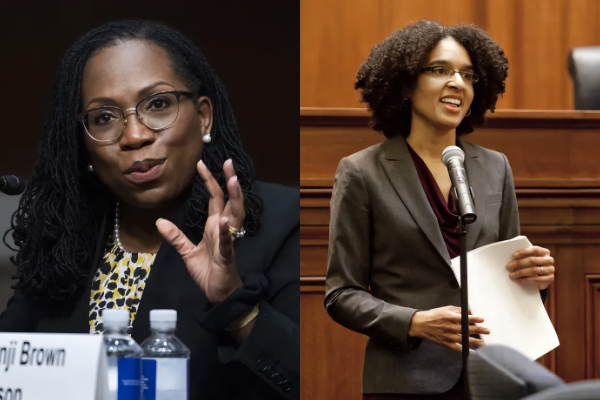
With Supreme Court Justice Stephen Breyer’s announcement of his upcoming retirement, President Biden has an opportunity to make good on his promise to nominate the first Black woman to the Court.
Ian Millhiser takes a look at the candidates for Vox:
Virtually every list of potential Biden nominees includes two names: federal appellate Judge Ketanji Brown Jackson and California Supreme Court Justice Leondra Kruger. Both women are fairly young (Jackson is 51; Kruger is 45) and both women have significant judicial experience. Jackson was appointed to a federal trial judgeship by President Barack Obama in 2013, and was recently confirmed to the powerful United States Court of Appeals in the District of Columbia circuit. Kruger joined California’s highest court in 2015.
Both women also clerked on the Supreme Court — Jackson clerked for Breyer and Kruger for Justice John Paul Stevens — an elite credential that can elevate a young lawyer to the upper echelons of the legal profession very early in their career. Six of the Court’s current members clerked for a justice shortly after graduating from law school.
He Was in Witness Protection in Maine. But His Harlem Life Kept Calling.
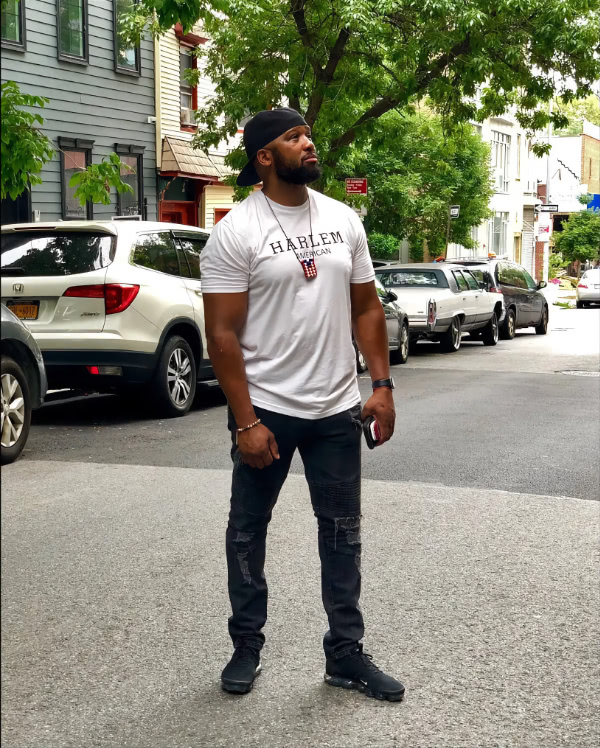
You know how in murder mysteries there’s always a (surprisingly) long list of people who have a good reason to want the victim dead? Turns out, it’s not as unrealistic as it sounds.
Alpo Martinez (You’ve seen Paid In Full, right?) should still be living a quiet life in the witness protection program in Maine. Instead, he was killed in a drive-by shooting on Halloween in Harlem last year.
Ali Watkins for the Times:
The end was as dramatic as the rest of Mr. Martinez’s life. As a young man in Harlem, Mr. Martinez rocketed to infamy as one of the flashiest, most successful cocaine dealers during the height of the drug’s popularity. His fall, though, was swift: He murdered one of his best friends, expanded his business to Washington, D.C., and by 1991 was arrested and charged in a sweeping drug trafficking case. He would later inform on scores of associates as a federal witness.
Now, as the police investigate his murder, they say they are running into an unusual problem: An awful lot of people wanted to see Alpo Martinez dead.
“No shortage of suspects,” said one senior law enforcement official at the time of the killing. “Part of the difficulty may be too many suspects with too many motives.”
Mary J. Blige on Navigating Self-Acceptance Through Beauty
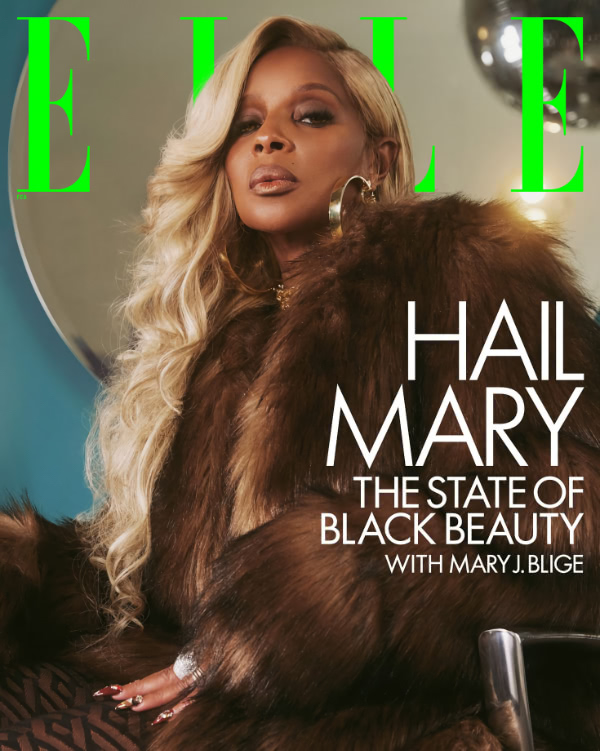
Nerisha Penrose interviews Mary J. Blige for Elle:
“During Mudbound and when I was married, I was feeling so low. I had to pay myself the highest compliments, even if I didn’t believe it, just so I could build myself up,” Blige says. “I would do it in the morning, because that’s the time when your hair is not done and you don’t have on makeup. You’re just kind of dealing with yourself for real.” She still wakes up and recites the same words: “Good morning, Gorgeous. I love you. I got you. I need you.”
Mary’s set to perform during the Super Bowl halftime show in February along with Dr. Dre, Snoop Dogg, Eminem, and Kendrick Lamar.
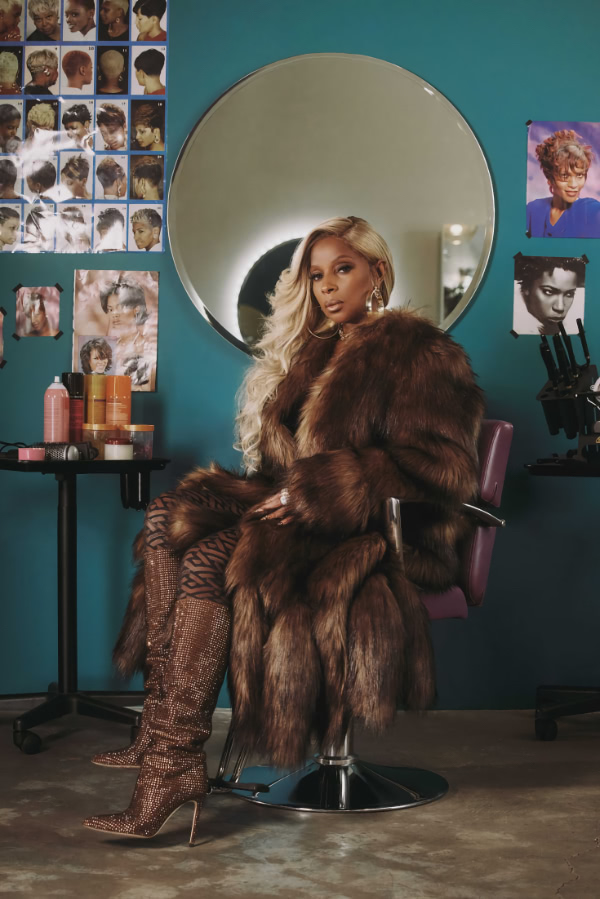
Gabrielle Union Finally Knows What’s Important

Former NBA player and current ESPN correspondent Jay Williams speaks with actress and entrepreneur Gabrielle Union on his new NPR podcast The Limits.
It took a long time for Gabrielle Union to realize she had the wrong idea of success in Hollywood. That idea came from growing up in Nebraska, in white spaces, where she often embraced a role as ‘the black friend.’ But in Hollywood she grew to reject those roles. Now her priorities are her own, and she’s learned hard lessons about what to pay attention to — and what to ignore.
Union on the process of coming into her own as a Black woman:
It was - I mean, it continues to this day. It’s slow, and it’s heartbreaking, and it’s exhilarating, and it’s exciting. But it’s a long process of unlearning and learning to decenter the feelings, gaze, fears of white people and letting it go. Who would I be without that? Who would I be if I wasn’t labeled, you’re the good kind of Black. And I don’t like being anybody’s pet, and that’s what it feels like. That’s what it felt like, and that’s what it feels like. But it’s been a slow process of unlearning. And, I mean, to this day, I catch myself.
Great conversation throughout. I wasn’t familiar with Union’s story before this — I’m a big fan now.
Want to understand the U.S.? This historian says the South holds the key
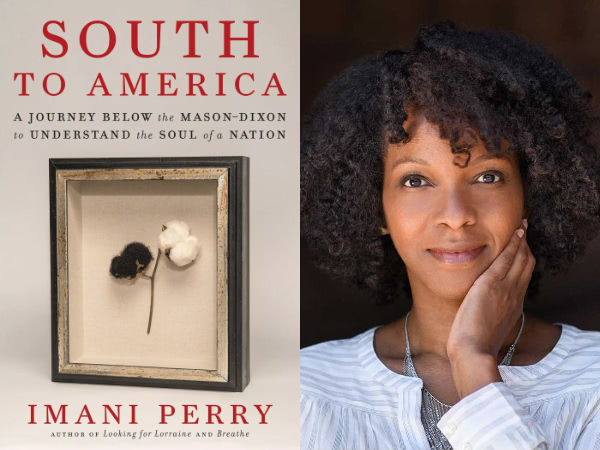
NPR’s Dave Davies speaks with Princeton professor Imani Perry about her new book South to America:
Author Imani Perry says if you really want to know the United States, you must first understand the South.
“The ideas about race, we get them from the way the stage was set in the South from the beginning,” she says. “It is, in some ways, an origin point for the way the whole nation operates.”
Though popular culture often dismisses the South as backward and racist, Perry says that’s a mischaracterization that, too often, lets the rest of the country off the hook.
“The South in some ways becomes the repository for the nation’s sins, right?” she says. “And then it allows the rest of the country to conceive of itself as relatively pristine.”
If you grew up in the South and now live up North or out West, someone will inevitably ask, “What’s it like down there?” As if "down there" is completely different from right here. It’s a matter of degrees, I’ll admit that. But the police choked Eric Garner to death on a sidewalk in New York City in broad daylight for (allegedly) selling a loosie, so…
The 22-Year-Old Designer Flipping Thrifted Socks and Cables Into Heels
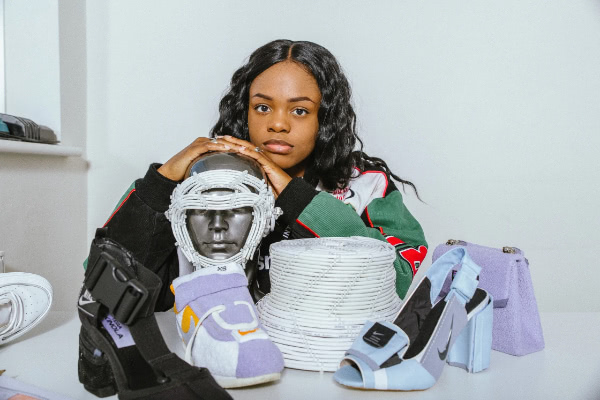
Sarah Spellings, writing for Vogue:
Blame William Shakespeare. Early in lockdown, it became an adage—then a joke, then a cliché—that since he wrote King Lear during the plague, we could, too, channel our isolation into creative energy. But some people did actually create some life-changing feats of creativity during lockdown, including 22-year-old Tega Akinola. In early 2020, the British designer, then a sports psychology student, headed to her parents’ home in the Midlands to quarantine. Cleaning out her bedroom, she came across a bag of broken cables. Before she threw it out, the USB caught her eye. “It reminded me of the buckle on a heel,” she says. “I bought a heel and literally glued the cables on and it took off from there.”
More of Akinola’s work here.
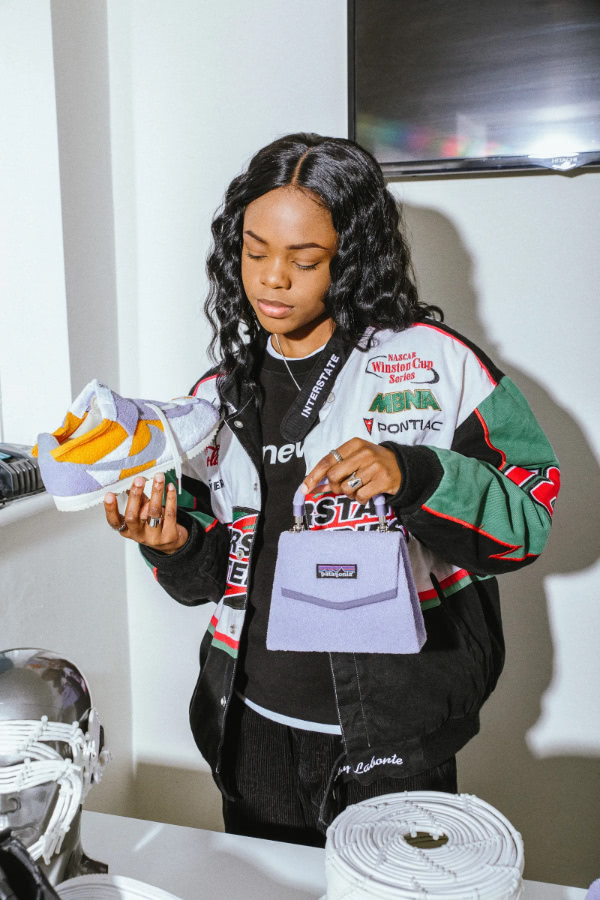
Thanks for reading. See you next week.
